calsfoundation@cals.org
Third Arkansas Cavalry (US)
The Third Arkansas Cavalry organized in October 1863 at Little Rock (Pulaski County). It became one of four Union cavalry regiments raised in Arkansas during the Civil War. In total, 8,289 white Arkansans joined the Federal service to struggle against their neighbors and the Confederacy.
Abraham H. Ryan was promoted from captain of the Seventeenth Regiment of Illinois Infantry Volunteers to the colonel of the Third Arkansas, which mustered into service on February 10, 1864. On April 5, 1864, Special Order No. 6 commanded Colonel Ryan to take charge of all the troops at Lewisburg (Conway County), Dardanelle (Yell County), and the vicinity. Lewisburg, a small town located on the north bank of the Arkansas River, became the station for the Third Arkansas Cavalry. Before the war, Lewisburg had some 300 inhabitants, but lawlessness coupled with retributions carried out by small bands of Rebel and Unionist guerrillas caused most of these citizens to leave the area.
The Third Arkansas Cavalry saw very strenuous service from the beginning. During the months of November and December 1864, they had traveled 100 miles on picket duty, 300 miles on escort duty, and 400 miles on scouts. The regiment was composed of 888 farmers, nineteen blacksmiths, three physicians, two mechanics, two shoe makers, two carpenters, one miller, and one merchant. Elements of the regiment had been recruited in the Arkansas River Valley region in late 1863. Company B was organized at Lewisburg in October and Company F in September 1863 in Yell County.
This regiment was armed with 880 of Starr’s carbines (.54 caliber) and 993 Remington revolvers (.44 caliber), as well as a few sabers. The carbines had been in the hands of the men for a short time, yet were still in bad condition. On the other hand, the pistols were in tolerable firing order.
Col. Ryan’s Third Arkansas was aided in part by local Union captain Jeff Williams and his independent infantry company. They attacked forces led by Confederate colonel Allen R. Witt. Colonel Witt had originally organized men from Conway and Van Buren counties into the Quitman Rifles, later known as the Tenth Arkansas. Captain Williams and the “Williams’ Raiders,” along with Col. Witt’s guerrillas, turned north-central Arkansas into a no-man’s land in which the Third Arkansas Cavalry had to try to maintain civil law and military order.
First Lieutenant Frank Pease of Company “H” Third Arkansas Cavalry supplied an insight into the operations of the regiment to the adjutant general of Arkansas: “On the organization of the regiment, two battalions were sent up the Arkansas River to hold a large scope of territory infested by numerous guerilla bands, who were robbing and murdering Union families in the most barbarous manner that human depravity could invent. Territory held by these marauders was soon wrested from their hands by the 3rdCavalry and comparative quiet restored.”
During the final years of the Civil War, the Third Arkansas participated in more than forty different engagements and operations against Confederate forces, including Elkin’s Ferry, Prairie D’Ane, Marks’ Mills, and Jenkins’ Ferry, helping secure Arkansas for the Union. The Third Arkansas was mustered out of service on June 30, 1865.
For additional information:
Bailey, Anne J., and Daniel E. Sutherland, eds. Civil War Arkansas: Beyond Battles and Leaders. Fayetteville: University of Arkansas Press, 2000.
Duncan, Georgena. “Uncertain Loyalties: Dual Enlistment in the Third and Fourth Arkansas Cavalry, USV.” Arkansas Historical Quarterly 72 (Winter 2013): 305–332.
Dyer, Frederick H. A Compendium of the War of the Rebellion. Vol. 3. New York: Yoseloff, 1900.
Office of the Inspector General Letters Received, 1863–1876. National Archives and Records Administration, Washington DC.
Third Arkansas Cavalry (Union) Regimental Letters and Order Books, December 1863. National Archives and Records Administration, Washington DC.
Ronnie A. Nichols
North Potomac, Maryland
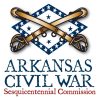
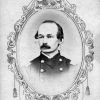
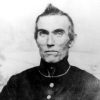
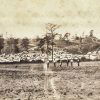
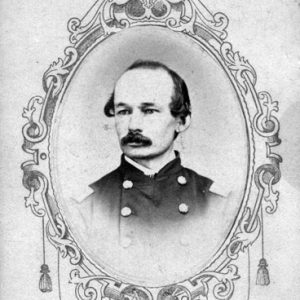
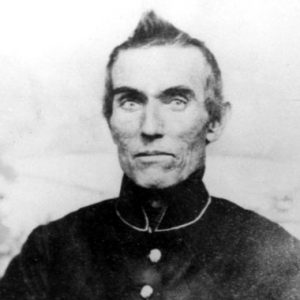




My grandfather served in the 3rd Arkansas Cavalry. His name was Albert Cowen and he was from Conway, Arkansas. He is buried in a small cemetery not far from Morrilton, Arkansas.